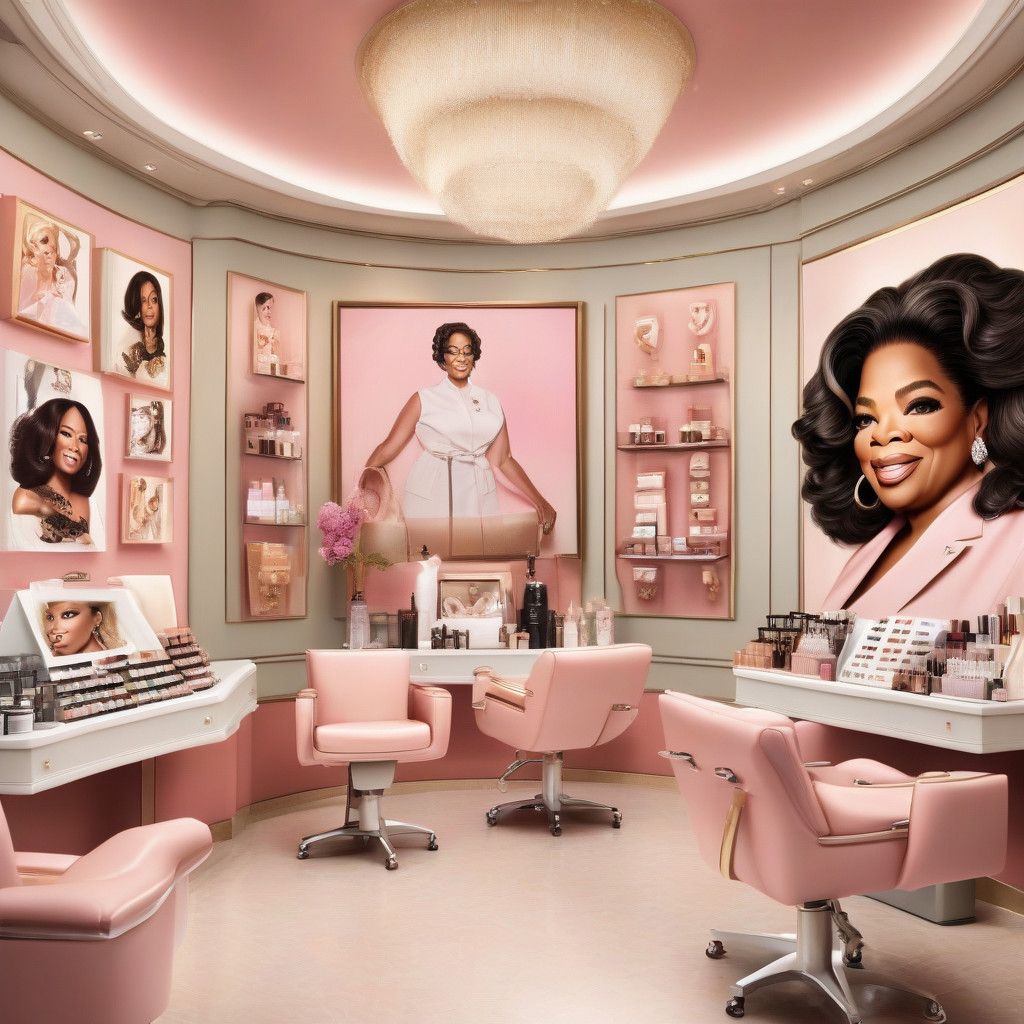Katie Sturino, a personal care CEO, recently made headlines by openly challenging Oprah Winfrey during an interview, and the ramifications of that encounter are significant, not only for Sturino but for the entire beauty and wellness industry at large. Sturino, the founder of Megababe, a brand dedicated to transforming typical body care products into fun and approachable solutions, took a bold stand against the harmful narratives surrounding body image often perpetuated by influential figures like Winfrey.
Sturino’s sentiments stem from a long-standing battle against the unrealistic body standards that beauty and fashion industries promote. During the interview, Sturino stated, “I’m done with women feeling bad about their bodies for no reason.” Her words resonate deeply within a society still grappling with body image issues and the consequences they bear.
The growth of Megababe since its inception in 2017 provides a testament to the effectiveness of Sturino’s unique approach. By shifting the narrative surrounding body care issues, she has harnessed the power of social media to amplify her voice. Sturino boasts 812,000 followers on Instagram and has garnered over 2 million tags on TikTok through her popular #SuperSizeTheLook campaign. This initiative allows her to recreate celebrity fashion looks using plus-size alternatives, eliminating the stigma of body-related problems.
Megababe stands out precisely because its products—like the charmingly packaged “body acne mist” adorned with whimsical rabbits—are designed to make users feel better about their bodies. The brand’s highlight, Thigh Rescue, is an anti-chafing stick that has gained immense popularity and is available in retailers from Anthropologie to Goop. This type of innovation not only addresses physical inconveniences like chafing but also contributes positively to emotional well-being.
In a strategic move that further underscores Sturino’s intentions, Megababe is launching a new product, Butt Stuff, priced at $28. This cream, meant for treating hemorrhoids, is cleverly marketed with packaging that alleviates embarrassment factor. Its appealing design features cheerful colors and assures tricky body care can also be fun. Popular skincare ingredients like aloe and calendula, along with 5 percent lidocaine and phenylephrine, are known for their calming and constricting properties, making this product suitable for both beauty and practical purposes—a tactic that Sturino acknowledges.
Moreover, Sturino acknowledges the dual uses of certain products. For instance, the infamous beauty hack of using hemorrhoid cream to reduce puffy under-eye bags has gained traction, further extending the conversation about how we redefine beauty and wellness. This overlap between aesthetics and everyday solutions blurs boundaries, encouraging customers to rethink what beauty products can achieve.
As Megababe continues to evolve, Sturino is focused on growth and acquisition now that the brand is self-funded and profitable. She views other beauty brands not as competition but as operators in a much larger context. “There is not another skincare brand out there that can do what we do,” she asserts, demonstrating extreme confidence in her innovative, niche approach.
In the beauty industry, customer perceptions and social media are powerful drivers of success. Brands who can listen to their audience and reshape the discussion around their products are more likely to flourish. Megababe aims to eliminate the shame tied to body consciousness by providing relatable and effective solutions, setting a remarkable example for emerging brands.
In terms of further innovation within the beauty landscape, established brands are also stepping up their game. La Mer, for instance, has introduced its Rejuvenating Night Cream, employing a sea-born renewal complex aiming to tackle multiple skin concerns for a substantial price of $450. It exemplifies how luxury brands are continually pushing the envelope, presenting their products as miracle solutions and leaning into their opulence.
Similarly, Kiehl’s has rebranded its well-known Ultra Facial Cream as a body product, adapting to the growing trend of inclusive skincare. September has proven to be an exciting month for newcomers in this space, with Alpyn Beauty releasing a Clarifying Facial Oil made from an innovative algae formula, seamlessly resonating with more eco-conscious consumers.
The recent surge of diverse beauty solutions speaks to an industry in transition. With influencers like Sturino revolutionizing the conversation around body positivity and wellness, and a slew of new products emerging that are appealing to both aesthetic differences and emotional support, the beauty landscape is becoming increasingly multifaceted.
As we witness this evolution, it is essential that brands continue to promote authenticity and inclusivity. Encouraging consumers to feel good about themselves, regardless of size or shape, allows all individuals to participate in the beauty conversation, potentially leading to a more balanced future in beauty and wellbeing.
Katie Sturino’s bold confrontation with Oprah Winfrey serves not only as a defining moment for her journey but also as a rallying call for the industry to recognize and amend the harm caused by decades of unrealistic beauty standards. As brands innovate and adapt to consumer needs, we can anticipate a brighter, more inclusive future for the beauty industry.












